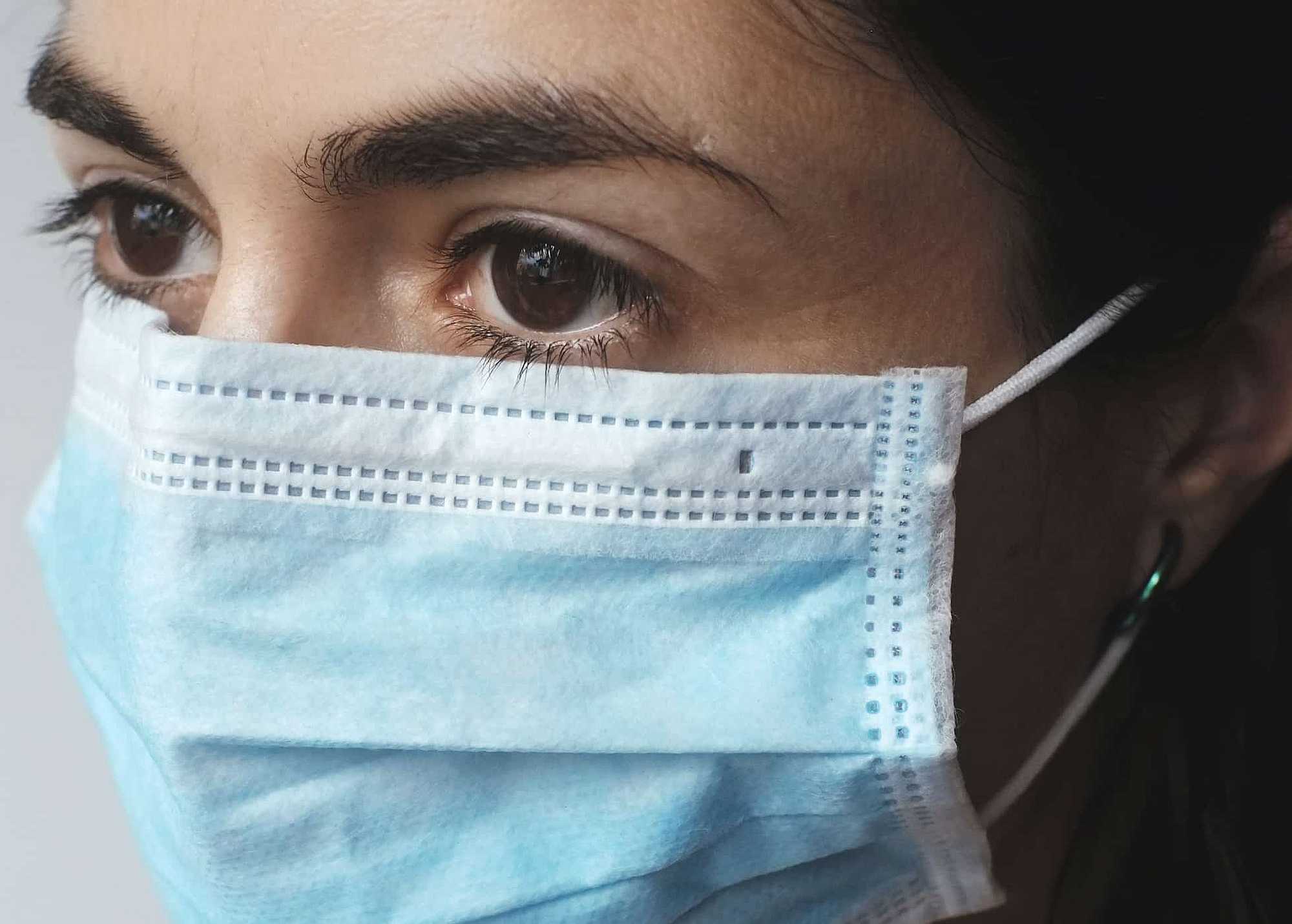April would have been a busy month for Brazilian hospitals anyway. As the population still struggles with the dengue virus, influenza season will start kicking in.
But this year, the strained healthcare system promises to see the “perfect storm,” according to the Health Surveillance Secretary Wanderson Oliveira.
“We will have the coronavirus, which is new, we will have influenza, which is routine every year, and we will also have the peak of dengue,” he told reporters.
Brazil’s health ministry has identified more than 9,000 cases of the new coronavirus and at least 359 deaths, the highest records in Latin America.
The pandemic coincides with more than 440,000 suspected dengue cases just this year, according to the ministry. That is almost double the cases that Brazil saw during this time frame in 2019. While dengue fever, caused by a mosquito-borne virus, is not as deadly as COVID-19, it is widespread in tropical areas and requires significant medical attention.
Brazil’s Sistema Único de Saúde (SUS), Unified Health System, provides free universal healthcare to all citizens — and is essential to hundreds of millions of people who can’t afford private insurance.
“The biggest challenge is treating these increasing [coronavirus] cases — on top of old problems — in a system that was already overburdened because of progressive defunding,” said Gulnar Azevedo e Silva, an epidemiologist and researcher at Rio de Janeiro’s state university UERJ.
One of the reasons the SUS has missed out on funding is because the government froze all social spending for 20 years under the last president, Michel Temer.
Now that the coronavirus is spreading through Brazil, resources are becoming even more scarce.
Even in the early stages, some public health care professionals have complained that they don’t have access to soap, paper towels or masks. State hospitals may have to borrow beds from intensive care units in the private sector to make ends meet as the virus progresses, according to Azevedo e Silva.
The health ministry estimates that the SUS will need an additional 10 billion reais (US$ 1.92 billion) to battle the pandemic.
“It’s of utmost importance that we guarantee social isolation now,” said Azevedo e Silva. “Because then we will have fewer cases that will need hospital treatment, and we will be more equipped to take care of them.”
Bolsonaro Downplays Pandemic
But Brazil’s own president, Jair Bolsonaro, has continuously preached against social isolation measures — contradicting not only the World Health Organization (WHO), but also his own health minister and many state governors.
His comments instead have encouraged Brazilians to reopen their businesses to keep the country’s flailing economy alive.
“Hunger kills more than the virus,” Bolsonaro told reporters.
Even after the pandemic hit Brazil, Bolsonaro has mingled with crowds of supporters, which he also did when he was supposed to be quarantined while waiting for his COVID-19 test results.
As states started closing non-essential businesses, he belittled the deadly virus as a “little flu” and tried to stage a campaign to get Brazilians back on the streets. A federal court blocked it.
“Bolsonaro is betting on the fact that as people lose their jobs, his discourse really speaks to them,” said Marco Antonio Teixeira, a researcher with the Getúlio Vargas Foundation. “It is more of a bet than a concern for people’s lives.”
Allies Turn Their Backs on Bolsonaro
While his the things he says resonate with his core base of supporters, it has pushed away moderate fans. It has also created rifts with political allies.
Governors from states like Rio de Janeiro and São Paulo went from endorsing his far-right policies to feuding with him. The justice and economy ministers, both heavyweights in Brazilian politics, have sided with the health minister, Luiz Henrique Mandetta, in supporting social isolation measures.
To control the narrative, the Bolsonaro government has decided that it needs to approve all ministries’ press releases about the coronavirus. In the first joint press conference about the pandemic, the health minister only got to speak last.
“I have never seen such an acute political crisis, since Brazil was re-democratized [after the military dictatorship],” said Teixeira.
But the political isolation might be starting to have an impact. Bolsonaro addressed the nation in a televised speech — and did not decry social isolation for the first time.
However, the original tone remains.
“The collateral effect of measures to combat the coronavirus can’t be worse than the disease itself,” he said, as spectators around Brazil banged pots in protest from their windows.
DW

